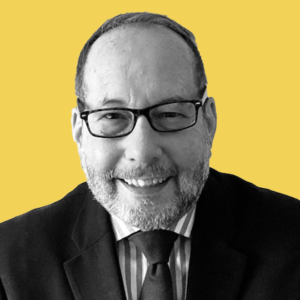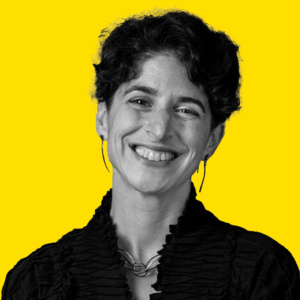
Peter's Pick:
Exhalation by Ted Chiang
"Exhalation is a short-story collection by one of the best sci-fi authors. Lots of mind-bendy concepts and relatable human-level responses to those concepts. Sci-fi has a tendency to be bogged down in 'big ideas' or 'world-building' or shoot-em-up action. Chiang instead engages in quieter stories of people grappling with new ideas and possibilities."
Marleina's Pick:
Just Mercy by Bryan Stevenson
"Just Mercy is a brief history of injustice in the American justice system and the importance of confronting it. This book is what inspired me to change the world through policy."


Jon's Pick:
Utopia Avenue by David Mitchell
"Utopia Avenue is a work of fiction about a late 60s British rock band with many cameo appearances from real people like Mick Jagger, Jerry Garcia, Janis Joplin. It's an engaging story that's very well written."
Louis's Pick:
The Purpose of Power by Alicia Garza


Jennifer's Pick:
The City of Brass by S. A. Chakraborty
"Nahri is a con woman living on the streets in eighteenth-century Cairo, when she accidentally summons an ancient, mischievous djinn warrior named Dara, and unlocks the secrets of her magic. Together they must flee Cairo for Daevabad, the legendary City of Brass. The writing is beautiful in its intensity and complexity, and the world-building is both fantastic but oddly familiar, clearly populated by diverse cultures, and drawing inspiration from the tales of the Arabian Nights."
Sheila's Pick:
Call Me Athena: Girl from Detroit by Colby Cedar Smith


Erica's Pick:
The Vanishing Half by Brit Bennett
"The Vignes sisters are identical twins, but they lead very different lives after one sister escapes her southern town for something new. I couldn't put down this work of fiction that sprawls over generations and touches on themes of race, identity, and belonging."
Brittany's Pick:
Pathologies of Power: Health, Human Rights and the New War on the Poor by Paul Farmer
"In this book, Dr. Farmer explores health within a human rights framework, powerfully arguing that equity must be central to health care. His attention to this framing in his work was groundbreaking and has shaped the fields of medicine and public health, both globally and domestically. This book, as well as the extensive work of the late Dr. Farmer, inspired much of my own understanding of health as a human right."

